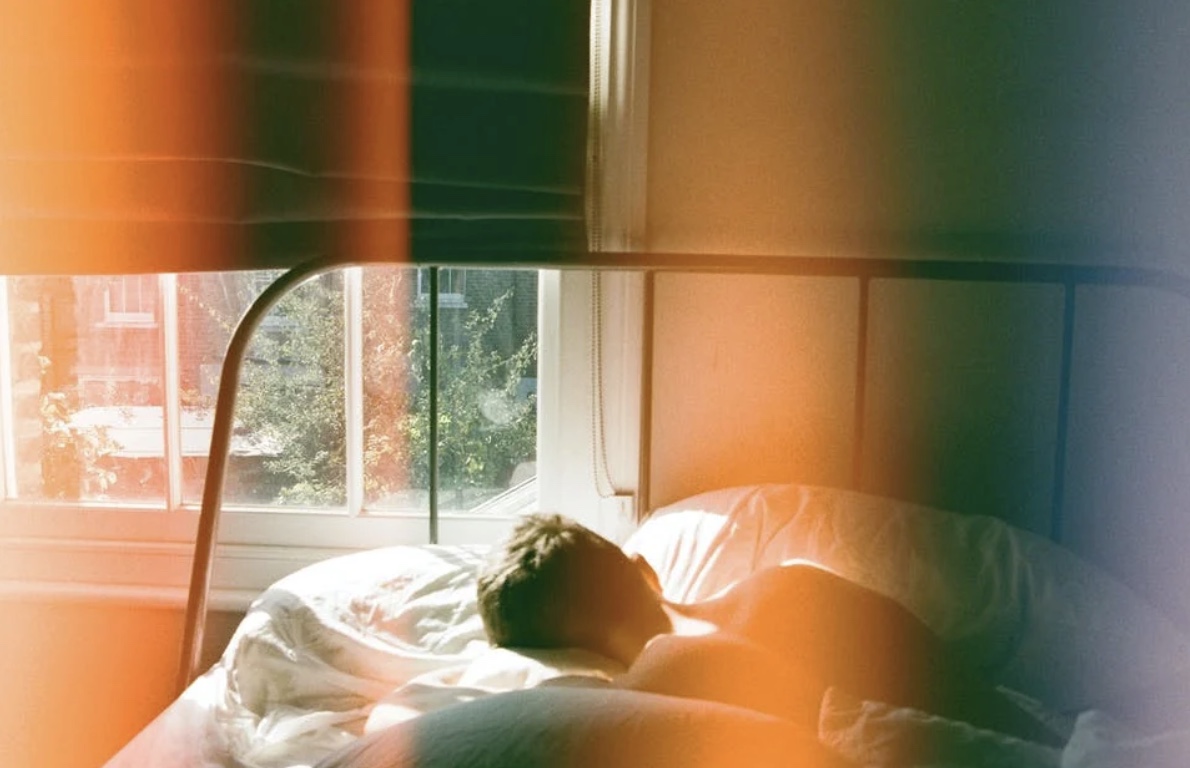Being able to have a good night’s sleep is very important for our mental and physical well-being. However, you need to differentiate between sleep quantity and quality, as it doesn’t matter how much you sleep during the day. What really matters and has a high impact on our behavior and efficiency is how well we sleep. Adults should sleep for at least seven hours per day. Seven hours of uninterrupted sleep can work wonders on our bodies. On the other hand, lack of good sleep can lead to obesity, type two diabetes, a decline in mental health, and many more health problems that can affect your quality of life. Read on to learn how you can sleep better at night and become more energetic, as we will provide you with some viable tips for improving the quality of your sleep.
Contents
Keep Your Circadian Rhythm Healthy
The circadian rhythm is your body’s time-keeping clock. It tells your body when it is time to sleep and helps you stay awake until it’s time to go to bed. To improve the quality of your sleep, you need to have exposure to natural sunlight during the day to maintain a healthy circadian rhythm. Having exposure to bright light would do the trick if, for one reason or another, you are unable to increase natural light exposure during the day.
Don’t Get Exposed to Blue Light Before Sleeping
Getting exposed to Blue light is one of the factors that contribute to poor sleep, as your brain thinks that it is still daytime and your circadian rhythm gets messed up. Smartphones, computers, and tablets are sources of blue light. Specialists at blockbluelight.co.uk recommend wearing glasses that block blue light. If you have to work on your laptop at night, put them on to reduce blue light exposure. Moreover, there are some apps that can block the blue light emitted from your smartphone. To sleep better, you need to turn off any source of bright light at least two hours before your bedtime.
Don’t Consume Caffeine Before Bedtime
Although caffeine has many health benefits, consuming it late in the day will have a negative effect on your sleep, as it stimulates the nervous system and increases your focus and energy levels. To enjoy a good night’s sleep, you shouldn’t drink any caffeinated beverages after 4 PM because caffeine stays in your system for about eight hours. If you insist on drinking a cup of coffee late at night, trick your brain and drink decaffeinated coffee instead.
Don’t Take Long Naps During the Day
Short power naps help you become more efficient during the day, but long naps or too many power naps during the day will have a negative effect on your sleep. This will only mess up your biological clock if you keep sending your body messages that it is time to sleep several times during the day. However, some people are able to sleep although they take a few naps during the day.
Consistent Sleeping Patterns
Our bodies are aligned with the timings of sunrise and sunset. Therefore, if you stick to waking up and sleeping at the same time every day and avoid staying up late at night or waking up late in the morning, you will be able to enjoy quality sleep consistently. Moreover, waking up early in the morning and sleeping early has proved to be very beneficial for our physical and mental health. We become more efficient when we adhere to our nature, and our bodies function better when we stick to normal sleeping patterns.
Relaxing Bedtime Routines
Create a bedtime routine for yourself that will help you clear your mind and calm your nerves before you go to bed. There are many things that you can do before heading to bed that would serve this purpose, like meditating, playing soft music, and reading. Moreover, practicing meditation is such a powerful method for improving sleep quality that it is recommended for people who suffer from insomnia.

To lead a healthy life, exercising and going on healthy diets is not enough, as without a good night’s sleep, your physical and mental functions will be impaired. Not getting enough sleep can lead to serious illnesses like heart disease. Therefore, your well-being depends on the quality of your sleep. Increasing exposure to natural light during the day and reducing exposure to blue light at night will help you sleep better. Moreover, maintaining a healthy and consistent sleeping pattern, creating relaxing bedtime routines, and refraining from consuming caffeine before going to bed will help you improve your sleep quality and lead to seven hours of uninterrupted sleep. This way, you will wake up the next day energized, refreshed, and ready for whatever challenges life might throw in your way.
